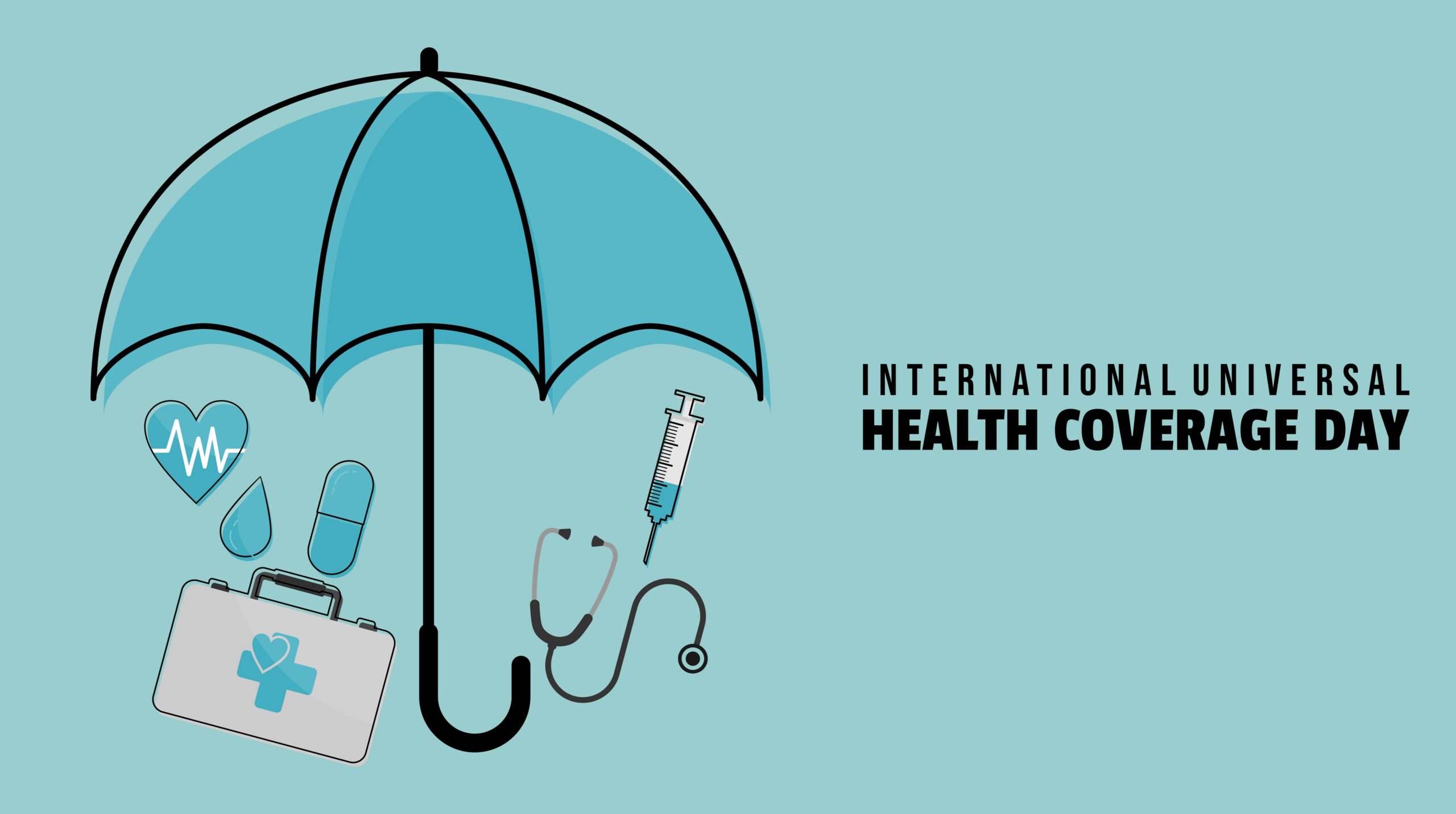A new study has revealed that the early onset of the first menstruation cycle precisely before the age of 13 years is associated with an elevated risk of being diagnosed with type 2 diabetes later in life. The findings of the research have been released in the British Medical Journal (BMJ) Nutrition Prevention & Health. Further, the findings show that the early start of the menstruation cycle specifically before 10 years of age, is also linked to a heightened risk of suffering a stroke before 65 years of age among women with diabetes. The authors of the study have examined the data of over 17000 women in the age group of 20 to 65 years.
The study has been put together by experts from Tulane University and Brigham and Women’s Hospital in the US. Experts say that the onset of the first menstruation at an early age might be one of the indicators of the cardiometabolic ailment trajectory among women. Participants of the study were those who were enrolled in the cross-sectional National Health and Nutrition Examination Survey 1999-2018. In the study, women reported the age at which they experienced their first menstrual cycle. Around 1773 or 10 percent of participants were diagnosed with type 2 diabetes and nearly 203 of them had a certain form of cardiovascular issue.
The authors of the study found that women who had their first menstruation cycle at the age of 10 years or before were at a 32 percent increased risk of developing type 2 diabetes, those who had their first period at the age of 11 and 12 years were at 14 to 29 percent elevated risk of diabetes. The study indicated that diabetic women below 65 years who had their first period before 10 years of age were at two times increased risk of getting a stroke. The authors of the study say that these outcomes support the likelihood that the age of getting the first menstruation cycle should be included in early-life approaches for averting diabetes and the growth of other complications linked to diabetes.
Experts Say Early Menstruation Can Increase The Risk Of Type 2 Diabetes











